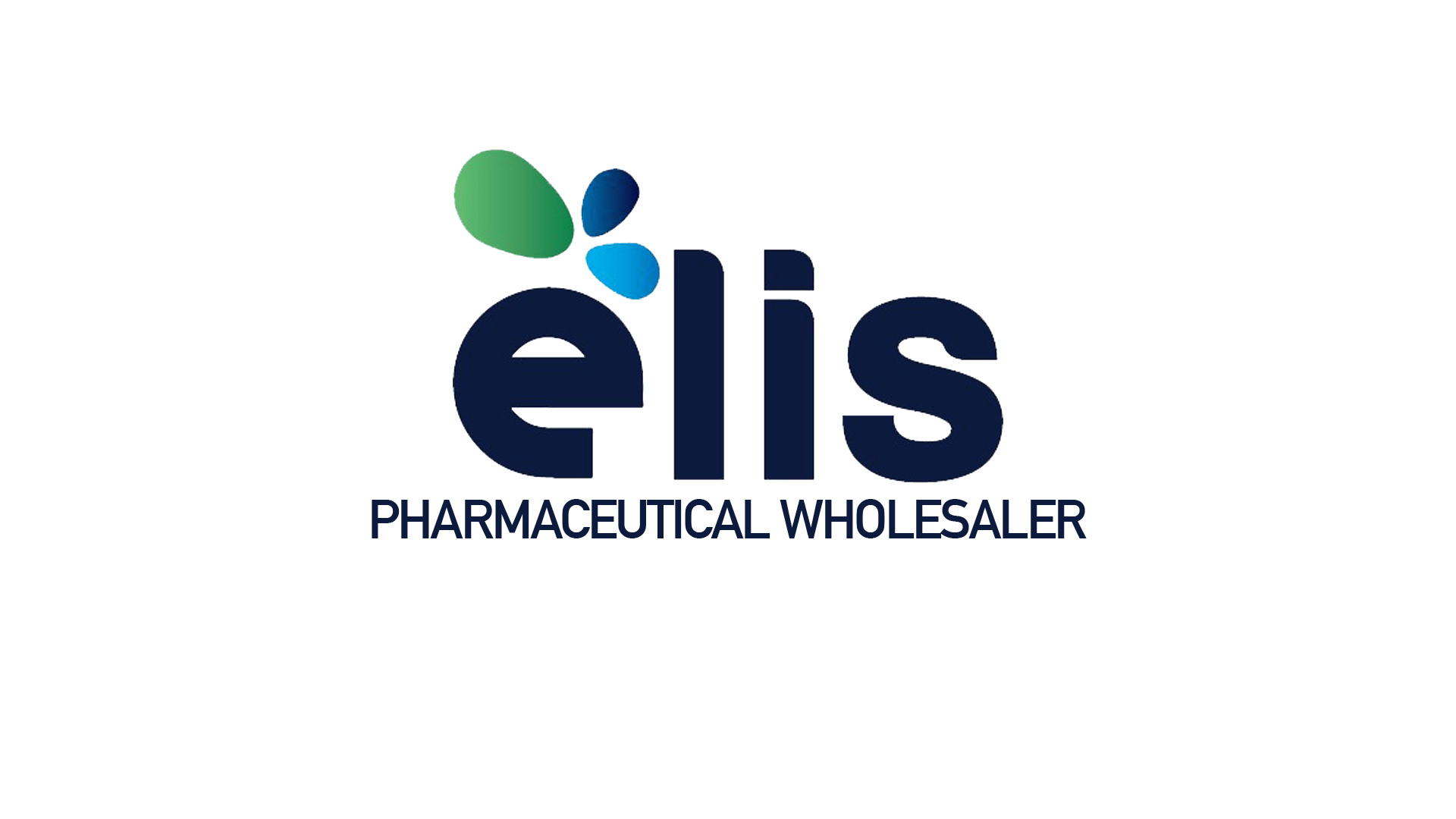
What Are Diagnostic Tools?
In the dynamic realm of healthcare, diagnostic tools are the unsung heroes, the guiding lights that empower healthcare professionals to unravel the mysteries of the human body. These instrumental devices, ranging from state-of-the-art machines to the skilled hands of physicians, play a pivotal role in identifying diseases, monitoring conditions, and guiding treatment decisions.
The Art of Seeing Inside:
Imagine a world without the power of diagnostic imaging tools. Radiologists wouldn’t be able to capture detailed X-rays, CT scans, MRIs, or ultrasounds, which provide invaluable glimpses into the inner workings of our bodies. These images unveil fractures, tumors, and various anomalies, allowing for accurate and timely diagnosis.
Laboratory Magic:
Laboratory tests, like blood work and urine analyses, are like the alchemists’ potions of modern medicine. These tests uncover a treasure trove of information, from blood cell counts and cholesterol levels to the presence of pathogens or antibodies. They enable healthcare providers to unravel the intricate biochemical signatures of disease.
The Journey Within:
Endoscopy is akin to a guided adventure into the body’s inner landscapes. Using a slender tube with a miniature camera at its tip, physicians can navigate the gastrointestinal tract, respiratory system, and other internal structures. This diagnostic tool is a window to the world within, allowing for real-time exploration and assessment.
The Heart’s Symphony:
An electrocardiogram (ECG or EKG) is a captivating symphony of the heart’s electrical activity. With each heartbeat, this diagnostic tool records a unique melody, revealing arrhythmias, heart attacks, and other cardiac conditions. It is a crucial tool for cardiologists and heart health.
Unlocking Secrets with Biopsies:
When it comes to cancer or abnormal tissue growth, biopsies are akin to detective work. A small piece of tissue is extracted and sent to the laboratory for analysis. This procedure can provide a definitive diagnosis, unveiling the secrets within the cells.
The Code of Life:
Genetic testing is like deciphering the human genome’s code. It uncovers genetic disorders, inherited diseases, and susceptibility to certain health conditions. This diagnostic tool is a window into the book of life, enabling personalized medicine and genetic counseling.
The Healing Touch:
And let’s not forget the classic art of physical examination. It is the foundational diagnostic tool, a hands-on journey into a patient’s overall health. The palpation, auscultation, and inspection of the body’s terrain provide healthcare professionals with a holistic picture, guiding their diagnostic decisions.
The Impact and Challenges
Diagnostic tools are the silent heroes of healthcare, enabling early detection, precise treatment guidance, and continuous monitoring of conditions. However, challenges such as accessibility, cost, and global health disparities persist. The future of diagnostics promises innovations that integrate artificial intelligence and expand access to diagnostic services through telemedicine.
In conclusion, diagnostic tools are the compasses guiding healthcare professionals through the intricate labyrinth of diseases and conditions. They are the pillars of modern medicine, shaping treatment decisions, patient outcomes, and the overall healthcare landscape. As we journey into an era of personalized medicine and digital healthcare, diagnostic tools will continue to evolve, playing an even more pivotal role in safeguarding human health and improving the quality of care for all.


